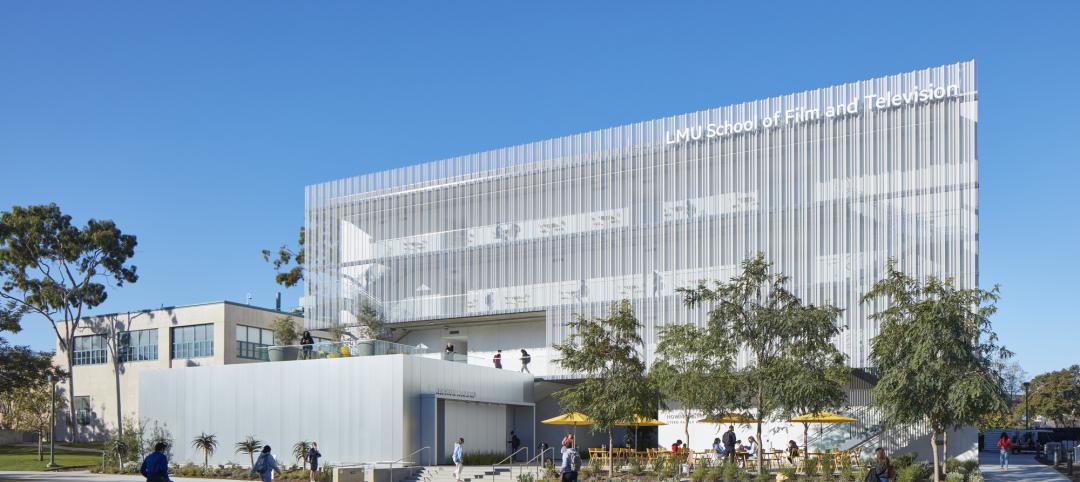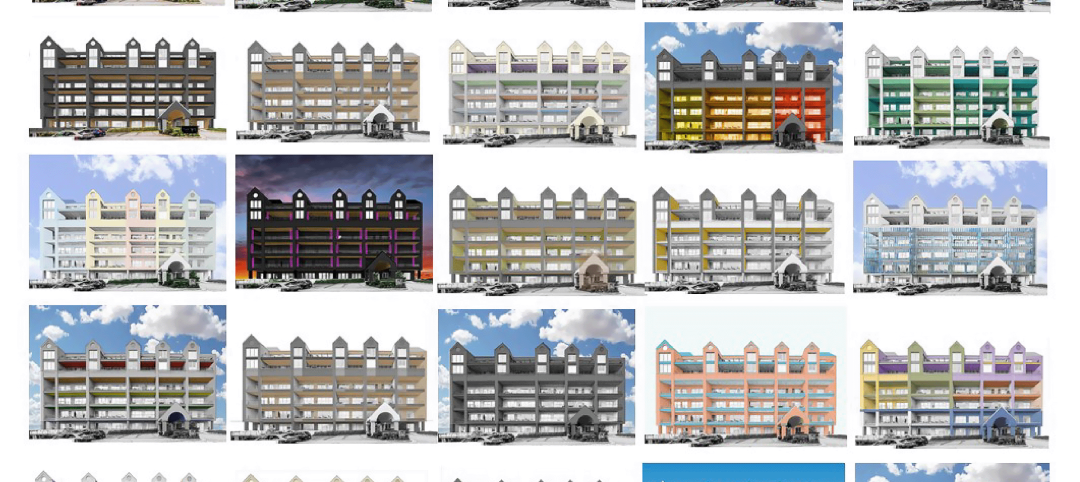John L. Knott Jr. has been named as the Health Product Declaration Collaborative’s (www.hpdcollaborative.org) first Executive Director following a national search. The Health Product Declaration Collaborative (HPDC) is a customer-led standards-setting organization committed to the continuous improvement of the building industry’s environmental and health performance, through transparency and innovation in the building product supply chain. Mr. Knott succeeds Meredith Elbaum AIA who served as Acting Executive Director of HPDC since its founding in Fall 2012.
Mr. Knott is a third generation developer and a recognized leader in sustainability. In his 40 year career he has worked on award winning projects in Baltimore and Washington DC; the University of Texas Health Science Center in the Houston Medical Center; Dewees Island in South Carolina; and the Noisette Community of North Charleston, South Carolina. He is the creator of the CityCraft process, a planning process that restores and builds the economic, environmental and social health of communities.
He has advised the White House and the Department of Homeland Security on energy security and sustainability, and served as an advisor to HUD, DOE, EPA and the National Park Service, as well as cities, major corporations, and foreign governments.
Since 1994, Mr. Knott has served in numerous national leadership roles for the Urban Land Institute (ULI) including as a founding member of the Sustainable Development Council and Responsible Property Development Council, and the Founding Chairman of the ULI’s District Council for South Carolina (2004-2008). From 2002-2007, Knott served as chairman of the U.S. Working Group for Urban-Suburban Indicators in compiling the landmark Heinz Center report, “The State of the Nation’s Ecosystems.” He also serves the Milton S. Eisenhower Foundation as a Trustee as well as an advisory board member for the Remaking Cities Institute at Carnegie Mellon. Mr. Knott was given the South Carolina Environmental Awareness Award by the State of South Carolina in February 2005, the state’s highest environmental honor and in January 2006, Metropolis magazine named him as one of the world’s leading design visionaries.
“The HPD Collaborative has made remarkable progress over the last 18 months. I am excited about being selected to play a leadership role in developing disclosure standards for the content of all materials and products in commerce, along with their associated health impacts,” said Mr. Knott.
He added: “My family’s work for 100+ years has been rooted in the understanding that we are responsible for the long term health of all those we serve with the buildings, neighborhoods, and communities we create. As a society, we must face the challenge of better understanding the health implications of the places we live and work. The opportunity to accept this challenge, engage those who are involved in the built environment process and assist them in making informed decisions about the habitat they are responsible for is a capstone for my career and a legacy of health that I can leave for our children and grandchildren.”
Peter Syrett, the HPDC Board Chair and a Partner at rePlace Urban Studio, noted: “John’s career has been about making healthy places. We are delighted to have him join us and to have his passion, energy, and knowledge focused on making a transparent and healthy building product marketplace.”
Gail Vittori, Board member and Co-Director of the Center for Maximum Potential Building Systems, praised John's appointment, reflecting that, "John’s exceptional leadership experience will be key to position the Health Production Declaration specifically, and transparent disclosure more generally, to become ‘standard operating procedure’ for building material specification and procurement.”
Other Health Product Declaration Collaborative Board members echoed these sentiments:
“Mr. Knott’s diverse industry experience and leadership roles bring an exciting perspective to the Health Product Declaration Collaborative that I believe will allow us to engage successfully with manufacturers and expand acceptance of the HPD across multiple stakeholder groups,” said Aaron Smith, Board Treasurer and Director Sustainable Building Solutions for ASSA ABLOY.
Amanda Kaminsky, HPDC Board Vice-Chair, and Sustainable Construction Manager with The Durst Organization in New York City, observed: “John has a keen sensibility for how all the pieces of a puzzle fit together to effect holistic change. He embodies the collaborative energy behind the development of the Health Product Declaration to date - energy vital for the meaningful progress sought in our materials marketplace.”
Anthony Bernheim, HPDC Board Member and Principal, Sustainable Built Environments, noted that, “John brings a wealth of real-world experience to the Health Product Declaration Collaborative at an important moment in history, at a time when our industry is paying more attention to green building and human health. His leadership will guide the further development of the Health Product Declaration so that the building industry will have better tools for product selection and specification.”
About the Health Product Declaration Collaborative
The Health Product Declaration Collaborative is a customer-led organization for companies and individuals committed to the continuous improvement of the building industry’s environmental and health performance, through transparency and innovation in the building product supply chain. The Collaborative created and supports The Health Product Declaration Open Standard, a format that systematizes reporting language to enable transparent disclosure of building product content and associated health information. It defines the critical information needed by building designers, specifiers, owners and users. It is freely available to all at www.hpdcollaborative.org.
Related Stories
Sustainability | Jan 9, 2023
Innovative solutions emerge to address New York’s new greenhouse gas law
New York City’s Local Law 97, an ambitious climate plan that includes fines for owners of large buildings that don’t significantly reduce carbon emissions, has spawned innovations to address the law’s provisions.
Fire and Life Safety | Jan 9, 2023
Why lithium-ion batteries pose fire safety concerns for buildings
Lithium-ion batteries have become the dominant technology in phones, laptops, scooters, electric bikes, electric vehicles, and large-scale battery energy storage facilities. Here’s what you need to know about the fire safety concerns they pose for building owners and occupants.
Market Data | Jan 6, 2023
Nonresidential construction spending rises in November 2022
Spending on nonresidential construction work in the U.S. was up 0.9% in November versus the previous month, and 11.8% versus the previous year, according to the U.S. Census Bureau.
Industry Research | Dec 28, 2022
Following a strong year, design and construction firms view 2023 cautiously
The economy and inflation are the biggest concerns for U.S. architecture, construction, and engineering firms in 2023, according to a recent survey of AEC professionals by the editors of Building Design+Construction.
Performing Arts Centers | Dec 23, 2022
Diller Scofidio + Renfro's renovation of Dallas theater to be ‘faithful reinterpretation’ of Frank Lloyd Wright design
Diller Scofidio + Renfro recently presented plans to restore the Kalita Humphreys Theater at the Dallas Theater Center (DTC) in Dallas. Originally designed by Frank Lloyd Wright, this theater is the only freestanding theater in Wright’s body of work.
University Buildings | Dec 22, 2022
Loyola Marymount University completes a new home for its acclaimed School of Film and Television
California’s Loyola Marymount University (LMU) has completed two new buildings for arts and media education at its Westchester campus. Designed by Skidmore, Owings & Merrill (SOM), the Howard B. Fitzpatrick Pavilion is the new home of the undergraduate School of Film and Television, which is consistently ranked among the nation’s top 10 film schools. Also designed by SOM, the open-air Drollinger Family Stage is an outdoor lecture and performance space.
Adaptive Reuse | Dec 21, 2022
University of Pittsburgh reinvents century-old Model-T building as a life sciences research facility
After opening earlier this year, The Assembly recently achieved LEED Gold certification, aligning with the school’s and community’s larger sustainability efforts.
Multifamily Housing | Dec 20, 2022
Brooks + Scarpa-designed apartment provides affordable housing to young people aging out of support facilities
In Venice, Calif., the recently completed Rose Apartments provides affordable housing to young people who age out of youth facilities and often end up living on the street. Designed by Brooks + Scarpa, the four-story, 35-unit mixed-use apartment building will house transitional aged youths.
Coatings | Dec 20, 2022
The Pier Condominiums — What's old is new again!
When word was out that the condominium association was planning to carry out a refresh of the Pier Condominiums on Fort Norfolk, Hanbury jumped at the chance to remake what had become a tired, faded project.
Cladding and Facade Systems | Dec 20, 2022
Acoustic design considerations at the building envelope
Acentech's Ben Markham identifies the primary concerns with acoustic performance at the building envelope and offers proven solutions for mitigating acoustic issues.

















